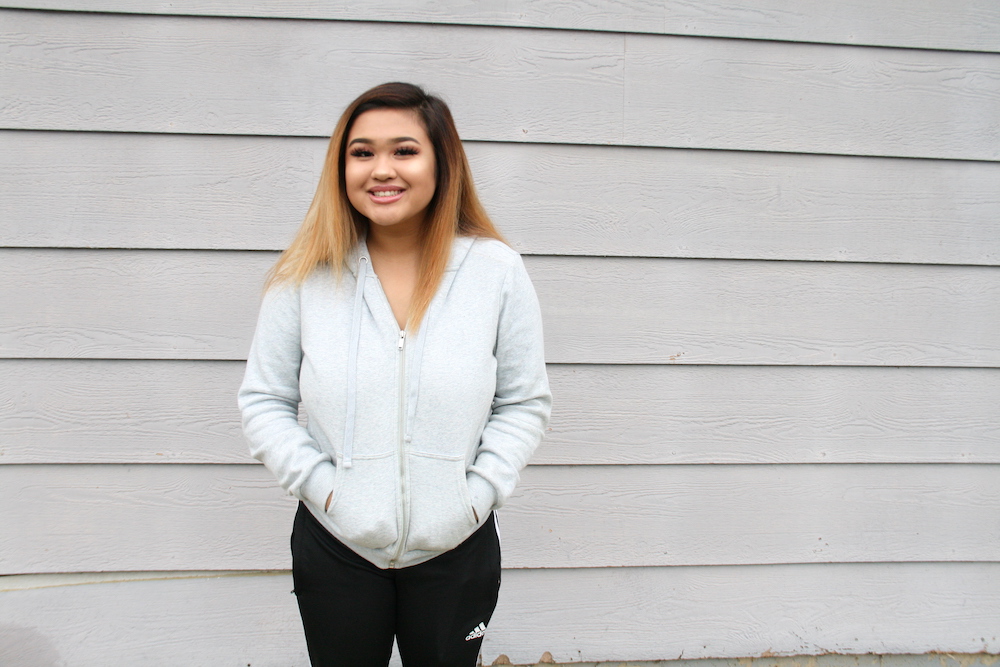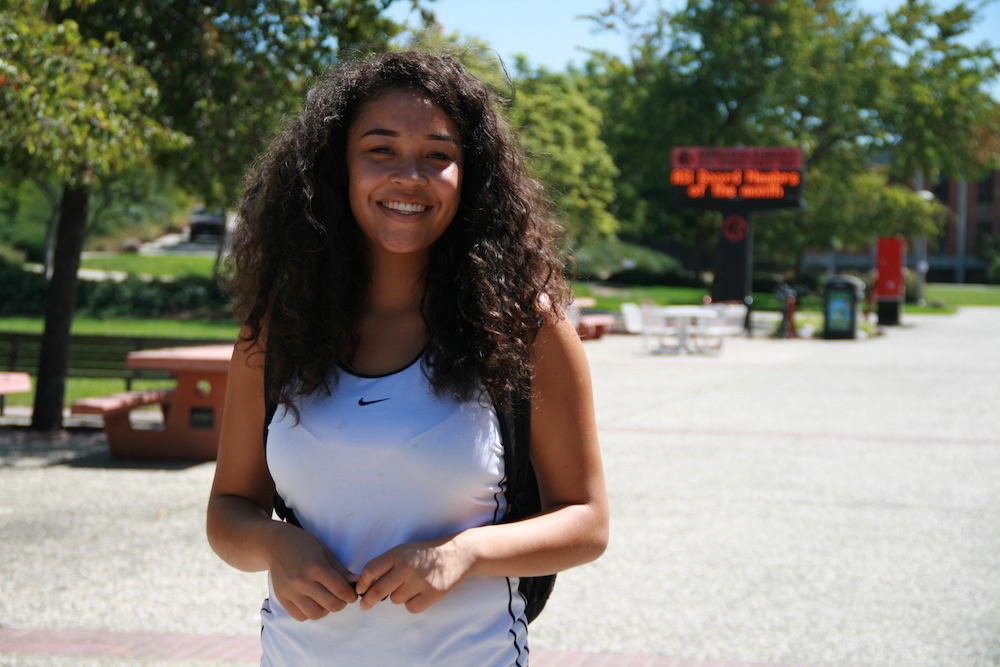What Is Extended Foster Care?
Overview of AB12
What does AB12 do?
What is different about being over 18, but still in foster care?
The goal of AB12 is to help you transition to adulthood, so the biggest difference is you are now treated more like an adult with greater responsibility. You and your social worker will agree to a Transitional Independent Living Plan with the following goals in mind:
• Develop permanent connections with caring and committed adults.
• Develop independent living skills and have opportunities for increasing responsibility.
• Live in the least restrictive placement.
Why is AB12 a great option?
Am I going to be treated like a child still?
What must I do to be eligible for AB12?
In order to stay qualified for AB12, you must be doing one or more of the following:
1. Completing high school or equivalent program; (i.e. GED) OR
2. Enrolled in college, community college or a vocational education program; OR
3. Employed at least 80 hours a month; OR
4. Participating in a program designed to remove barriers to employment (this is the “safety net” category which is intended to support young adults until they can find employment or enroll in school); OR
5. Unable to do one of the above requirements because of a medical condition (short or long-term medical or mental health condition as verified by a health practitioner).
Housing under AB12
Where would I live if I stayed in under AB12?
Can I stay in my group home?
What is a SILP?
SILP stands for Supervised Independent Living Placement. A non-minor dependent must demonstrate an ability to live independently to qualify for a SILP. A big benefit to a SILP is that the foster care benefits check is issued to the non-minor dependent directly. The current SILP payment amount is $923 a month.
- TIP #1: You can get your SILP
check directly deposited in your checking account, so you have the money much quicker — ask your social worker about this. - TIP #2: It can take 6 or more weeks for the first SILP check to arrive, so you must have a plan to pay the first few months of rent if you’re moving into a new place.
- TIP #3: Consider renting a room from a family or friend if you don’t have enough saved to start a new lease.
- TIP #4: Do not sign a lease without talking to your lawyer first. An apartment lease is a binding legal contract and can have some serious consequences.
What is Transitional Housing?
Under AB12, a new transitional housing placement is available. It’s called Transitional Housing Placement Plus Foster Care (THP+FC). THP+FC is an excellent option for non-minor dependents who want to live more independently but aren’t ready for the more independent SILP option. THP+FC allows you to live in a home or an apartment in the community (usually with roommates) with some support and supervision. Each county has various providers of transitional housing – click here to download a link with these providers. Note that there are waitlists for most transitional housing programs, so plan ahead. For more information on THP+FC, please visit this page on the John Burton Advocates for Youth website.
Can I live out of county or state and still be a part of AB12?
Can I live with my biological parents and still be under AB12?
Court/Legal Considerations under AB12
Do I have to come to court every six months?
What if I want to leave foster care sometime before I turn 21?
What is the deal with re-entry?
AB12 is in place so that foster youth have a safety net between the ages of 18 and 21. If you were eligible for AB12 at age 18, but later your case closed (either because you decide to leave or the court closed your case), you can re-enter any time before turning 21. Contact us, or your old social worker, and we’ll get your case re-opened. It will involve filling out form JV-466. Click here to download a JV 466. You can fill in the JV 466 form to speed up the process. You can call our office at 510-496-5200 and say that you want to re-enter foster care to get help. Once the JV-466 is filed at the Juvenile Clerk’s Office, the judge will set a hearing within 15 court days. You must be present at that hearing.
This is a great option if you find yourself without a place to live, or you need support in finding work or getting into school.
Will the court ever close my case once I’m under AB12?
Yes, your AB12 services and support can be terminated if any of the following happen:
• You request for your case to be closed.
• The juvenile court makes a finding that you are not in compliance with one of the five participation conditions above.
• You’re not living in a supervised foster care setting (like if you’re AWOL for a long time or couch surfing).
• You join the military.
***But if these situations change, you can still re-enter any time before you turn 21.
What happens if my social worker recommends that my AB12 case be dismissed?
Can non-minor dependents still get Medi-Cal and a clothing allowance?
Yes and yes. Because of the Affordable Care Act, all youth who are in foster care on their 18th birthday now get Medi-Cal until they are 26. Click here to view information about this



